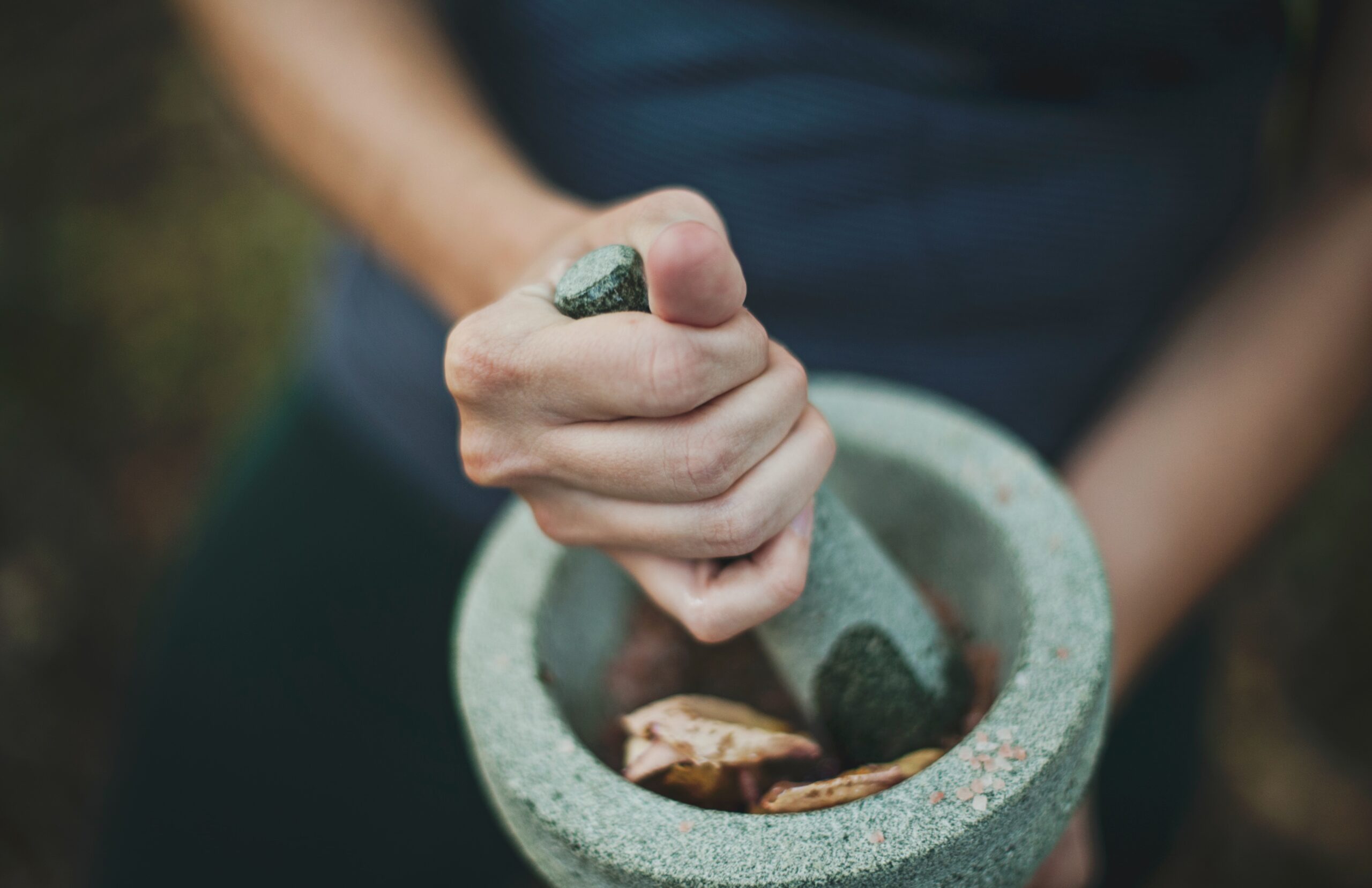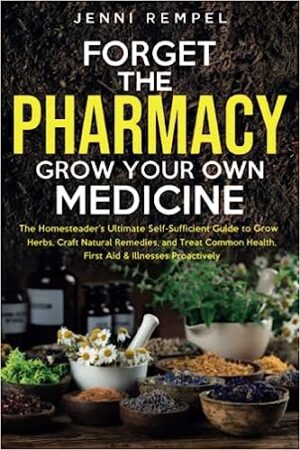The History of Herbs as Medicine: An Enduring Tradition
Filed under Herbal Remedies

Herbs have played a vital role in human history as a source of medicine for thousands of years. Their therapeutic properties have been recognized and utilized by ancient civilizations across the globe. This essay explores the rich and diverse history of herbs as medicine, tracing their origins from ancient times to the present day.
Ancient Civilizations and the Birth of Herbal Medicine
The use of herbs as medicine can be traced back to the dawn of human civilization. In ancient Egypt, papyrus scrolls dating back to 1550 BCE document the use of herbs such as aloe vera and garlic for treating various ailments. The Egyptians also employed herbs in the mummification process, recognizing their preservative and healing qualities.
Similarly, in ancient China, traditional herbal medicine has been practiced for over 2,000 years. The earliest known Chinese medical text, the Huangdi Neijing (黃帝內經, Yellow Emperor’s Inner Canon), compiled around 200 BCE, documented the use of hundreds of herbs for their therapeutic properties. Chinese herbal medicine emphasizes the balance of yin and yang, and the harmonization of Qi (life force energy) for optimal health.
Herbal Medicine in Classical Greece and Rome
The ancient Greeks and Romans also embraced the healing power of herbs. The Greek physician Hippocrates, known as the “Father of Medicine,” advocated for the use of herbal remedies and emphasized the importance of treating the whole person rather than just the symptoms. He compiled a vast body of knowledge in his work, “Corpus Hippocraticum,” which included detailed descriptions of medicinal plants and their applications.
Following in the footsteps of the Greeks, the Roman physician Galen expanded the field of herbal medicine. His influential writings, including “De Materia Medica” classified over 600 medicinal plants and discussed their therapeutic properties. The works of Hippocrates and Galen laid the foundation for Western herbal medicine for centuries to come.
Herbal Medicine in the Middle Ages and Renaissance
During the Middle Ages, herbal medicine flourished in monastic gardens and apothecaries. The Benedictine monks, in particular, played a significant role in preserving and expanding herbal knowledge. They cultivated medicinal herbs, studied their properties, and developed remedies to treat a wide range of ailments.
In the Renaissance period, herbal medicine experienced a revival in Europe. The Swiss physician Paracelsus rejected the prevailing humoral theory and emphasized the importance of individual plants and their medicinal properties. His innovative approach influenced the development of modern pharmacology.
The Emergence of Modern Medicine and Herbalism
With the advent of modern medicine and the rise of pharmaceutical drugs in the 19th and 20th centuries, herbal medicine faced significant challenges. Synthetic drugs became the dominant form of treatment, and the scientific community became increasingly skeptical of traditional herbal remedies. However, herbs continued to be used by traditional healers and in alternative medicine practices.
In recent years, there has been a resurgence of interest in herbal medicine. People are seeking natural alternatives to synthetic drugs, and scientific studies are validating the therapeutic potential of many herbs. Traditional systems of medicine such as Ayurveda, Traditional Chinese Medicine, and Indigenous healing practices have gained recognition for their holistic approaches and the use of herbs as integral components of treatment.
The history of herbs as medicine is a testament to the enduring wisdom of ancient civilizations. From the Egyptians and the Chinese to the Greeks and the Romans, cultures around the world have recognized and harnessed the healing power of plants. While modern medicine has made remarkable advancements, the value of herbs as medicine persists. Today, as we rediscover the potential of traditional herbal remedies, we can appreciate the profound legacy of our ancestors and their profound understanding of the therapeutic properties of nature’s bounty.

